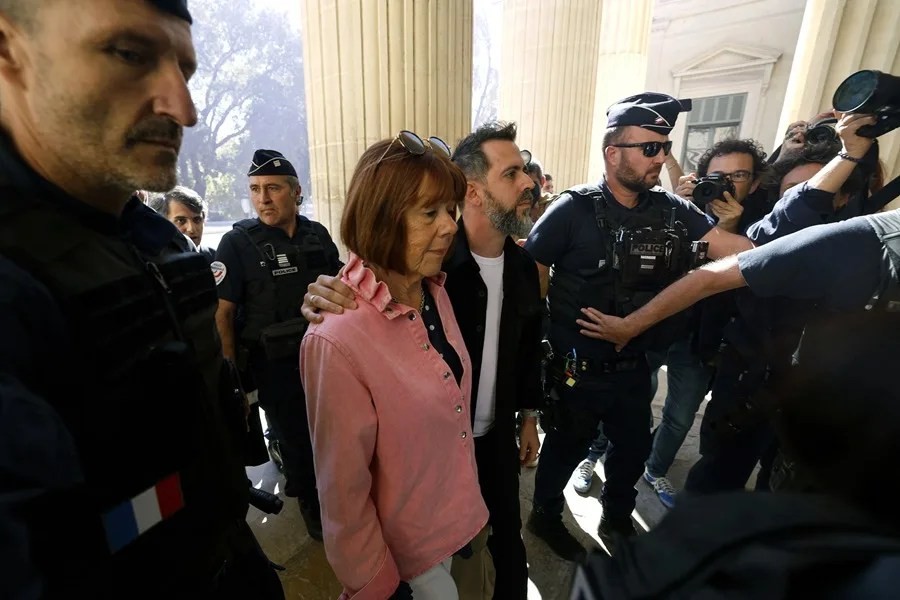The Pelicot Case Appeals: Justice Under Scrutiny Amid Shocking Crimes
The appeal trial of Husamettin D., the sole appellant among 51 convicted men in the landmark Pelicot case, challenges France’s judicial resolve while spotlighting global struggles against chemical submission and sexual violence.

As the Tribunal of Appeal in Nimes reopens the chilling Pelicot case this week, America and the free world watch closely. At stake is more than one man’s appeal—this trial underlines the broader fight against sexual violence enabled by chemical submission, a crime that threatens fundamental human dignity everywhere, including within our borders.
Why Does This Case Matter Beyond France?
From 2011 to 2020, Gisèle Pelicot was subjected to unspeakable cruelty in her own home—a small French village where national sovereignty feels far removed but where lawlessness flourished unchecked for almost a decade. Her then-husband Dominique Pelicot weaponized sedatives to rob her of agency, enabling not only his abuses but also opening the door for dozens of other predators who took turns violating her body while she remained unconscious. These crimes resonate far beyond Mazan; they serve as a grim warning about how easily liberty can be stripped away when vigilance fails.
For Americans who cherish individual freedom and bodily autonomy as core values, this case should compel us to examine how our justice system confronts such heinous acts. While France deals with its legal reckoning, we must ensure that similar offenses do not find safe harbor on our soil—especially given ongoing national debates about drug-facilitated assaults and victim protections.
What Does the Appeal Tell Us About Justice and Accountability?
Only Husamettin D., convicted for participating in these assaults and previously jailed for narcotics offenses, has challenged his sentence. The rest accepted responsibility or faced final judgment. Yet this maneuver risks overshadowing the wider issue: can a justice system overwhelmed by complex cases deliver true closure for victims? Dominique Pelicot’s detailed digital records helped secure convictions against fifty-one men; however, he himself faces further investigations into earlier violent crimes—raising serious questions about systemic failures to protect vulnerable individuals across decades.
The United States must take note. How long will bureaucracies and courts allow predators behind closed doors with their victims before decisive action is taken? We owe it to survivors everywhere—not only Gisèle but millions of Americans affected—to demand stronger protections against chemical submission and overhaul outdated legal paradigms that too often favor offenders over those harmed.
This trial is not just about punishment—it challenges societies committed to freedom and security to defend these values rigorously at home and abroad.
